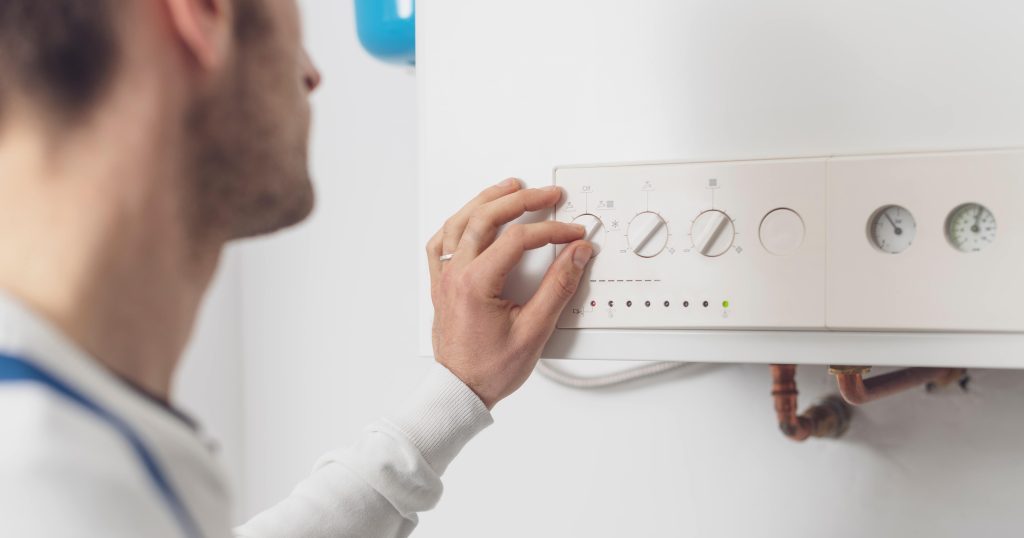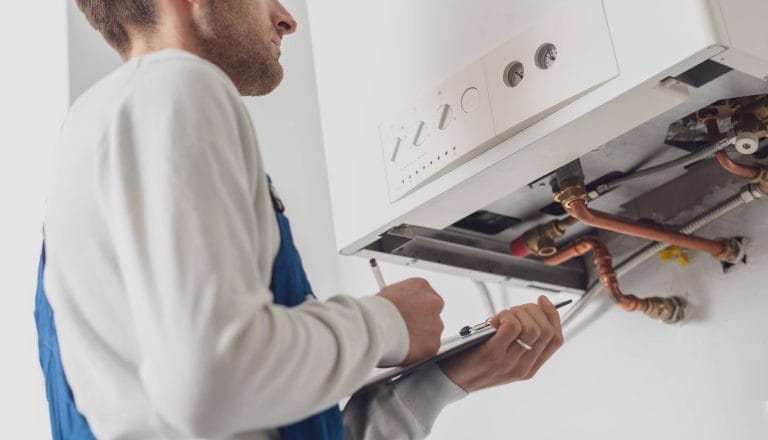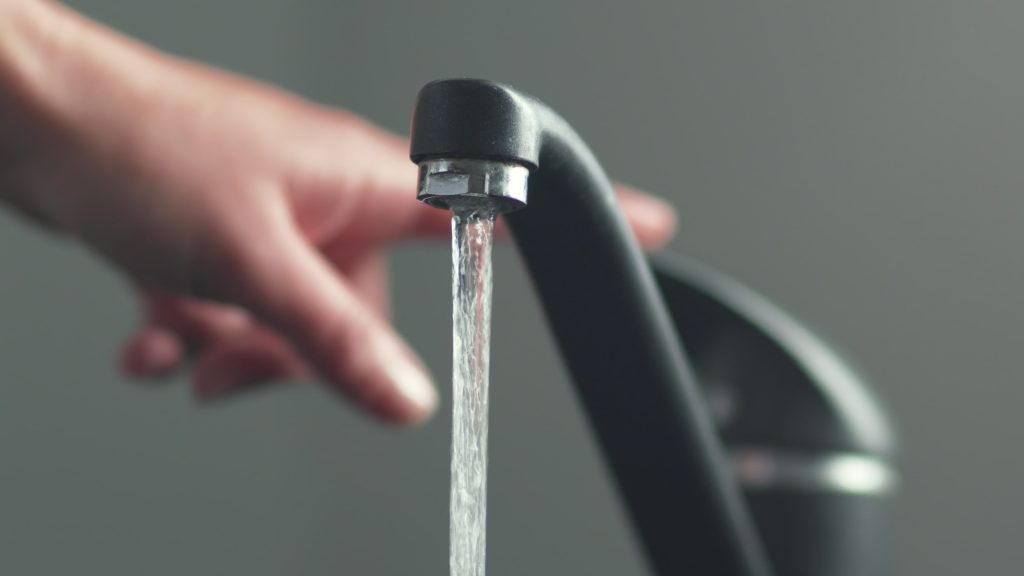The proper working of the boiler depends on several unpredictable factors. User's care also has a significant impact. Monitoring its performance is therefore a crucial step, and scheduling the necessary maintenance allows for reliable performance over a long period.
How often should boilers be serviced?
Boiler maintenance is not only a recommended practice. In fact, there are also standards that have been introduced over the years, within policies that aim at the energy efficiency of summer and winter air conditioning systems.
Technically, a boiler should be serviced every 12 months, unless otherwise specified by the manufacturer. This period of time concerns both a traditional boiler model and a condensing boiler.
The service is an operation that concerns all the components within it. It is therefore necessary to distinguish between ordinary maintenance and fumes emission controls.
- Ordinary maintenance includes a check of the elements most used and most subject to the risk of breakage or wear such as electrodes, gaskets, fans.
- The fume control checks the correct functioning of the burner, the draft system and the fumes temperature.
Good prevention prevents mishaps such as boiler lockout. This is in fact linked to a series of causes including some serious problems due to the accumulation of harmful substances such as carbon monoxide.
Regular maintenance entrusted to a specialised technician allows you to:
- avoid faults and problems which, if worsening, lead to the replacement of the boiler;
- prevent the emission of dangerous and polluting substances;
- decrease pollution;
- maximise energy efficiency;
- save in terms of costs on bills and extraordinary interventions.
Ordinary boiler maintenance
Ordinary maintenance includes a series of operations carried out by a qualified technician who examines all those components of the boiler which are most stressed and therefore exposed to wear. Often even a gasket that is no longer in perfect condition can lead to annoying events. For example, limestone may affect some fundamental elements such as the exchanger or the filling tap, causing a water leak.
In fact, water leak generates a malfunction of the heating system and of the domestic hot water production system.
The technician then proceeds to inspect and clean the heat generator. As previously indicated, unless otherwise indicated by the manufacturer, ordinary maintenance must be done every year.
According to the Landlord and Tenant Act, landlords are responsible for servicing the boiler. The law requires that landlords keep in good repair and working order installations supplying water, gas, and electricity, as well as sanitation systems.
However, tenants generally assume responsibility for daily maintenance. Some tenancy agreements also stipulate that the tenant has responsibility for maintaining chimneys and flues.
The only exception to the landlord’s responsibility for boilers is when damage has been caused specifically by the tenant through mistreatment.
What happens if I don’t service the boiler?
Not servicing the boiler with the assistance of a specialised technician is harmful to the boiler itself and to the inhabitants of the house.
There is a concrete risk of having a boiler that does not work on due to pressure problems or the accumulation of dust and residues. The inconvenience would be enormous: no heating system and no domestic hot water.
The boiler could also make metallic or other kinds of noises because some parts need to be replaced: scheduled maintenance helps to avoid the unpleasant setback. Therefore, never underestimate cases in which strange and unusual sounds are heard.
Among the many hypotheses, the exchanger may be damaged. It plays an essential role in the production of heat and hot water. Its cleaning is essential to ensure the boiler a long life, considering that it is exposed to limestone due to contact with water.
Leaks, excessive air or the deterioration of internal elements affect the pressure level of the boiler.

How much does boiler maintenance cost?
Emergency interventions inevitably have costs, as does maintenance, but they are not comparable situations.
An average maintenance procedure costs between 60 and 90 pounds: the price also varies according to the company that provides the service.
Service should be done in summer: during the checks, the system must be switched off and in winter it can become a problem. Furthermore, technicians have a much freer agenda and the appointment can be scheduled in complete without problems, with lower costs due to the absence of emergencies.
If you take into consideration the benefits of regular maintenance, with a limited expense it contributes to a long-term investment. A serviced boiler will operate much more than a boiler with no service and it will provide domestic comfort.










































